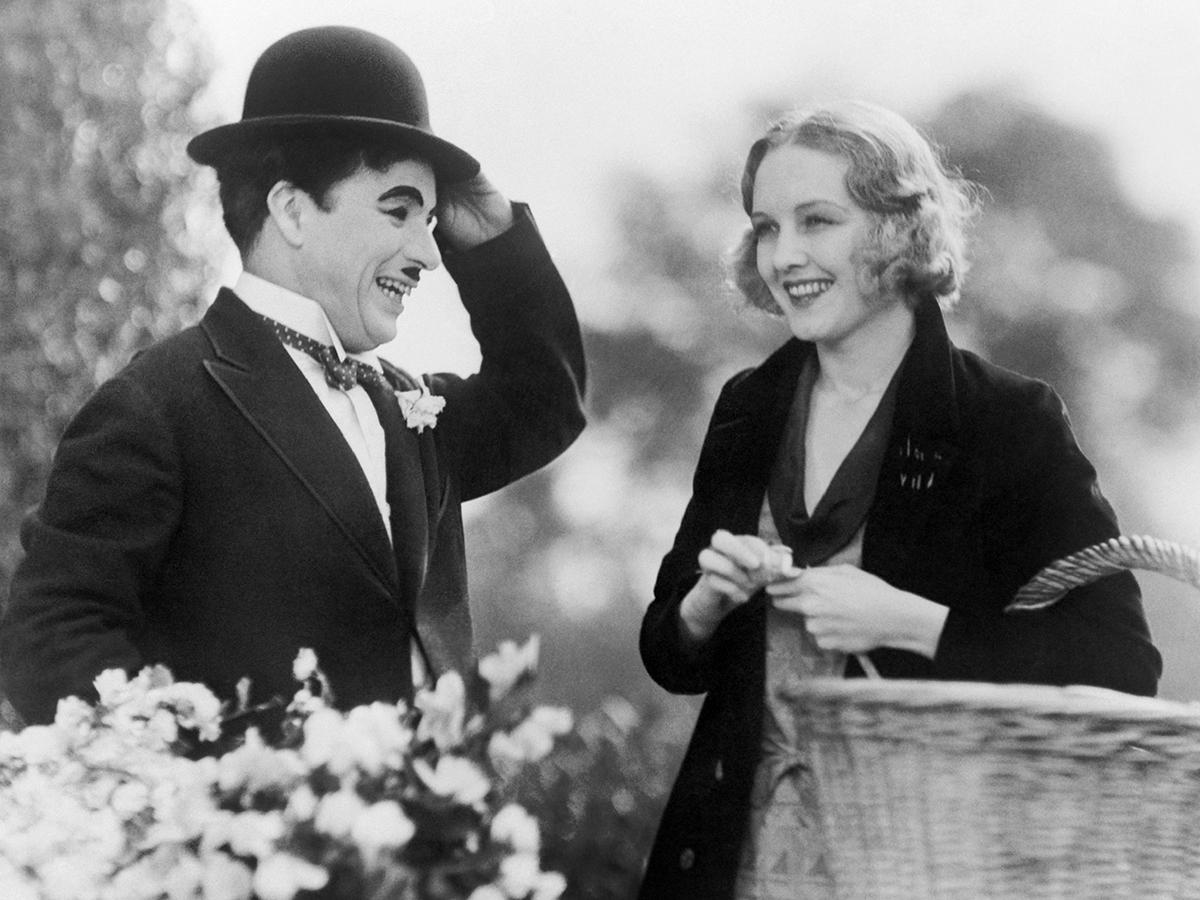From a historical viewpoint, icons like Albert Einstein and Mahatma Gandhi are primarily remembered as the movers and shakers of their day, and while their personal lives should not factor into their effect on society and their groundbreaking contributions cannot be contested, the individuals themselves are always subject to criticism.
As a result, let’s take a look at the lives of 5 historical figures who might not be as admirable as you assumed.
1. Charlie Chaplin
At one point, Charlie Chaplin was the most famous actor in the world. He’s entertained audiences around the world with his trademark comedic style and the social commentary of his films. Through the messages of his movies, Chaplin criticized capitalism, classism and, importantly, the treatment of women. However, if he truly believed in what he portrayed on screen, he did not apply this criticism to his own life.
Chaplin was known to possess an insatiable sexual appetite; the actor himself claimed to have slept with over 2000 women. To be fair, bountiful trysts are not a crime, but his tendency to become involved with teenage girls unquestionably crosses the line into criminal behavior.
Disturbingly, Chaplin impregnated underage girls and subsequently married them in order to avoid scandal and arrest — he did this twice. The actor’s third wife, whom he stayed married to unto his death, was 18 years old at the time of their marriage; when the two were wed, he was 54.
To add to Chaplin’s faults, a number of famous colleagues commented on the actor’s short temper and cruelty toward his family. According to Marlon Brando, Chaplin was probably “the most sadistic man” he ever met.
2. Salvador Dali
Artistically unforgettable, but absolutely eccentric to the point of complete self-obsession, Salvador Dali was his own greatest fascination. Looking back on his past, Dali was undeniably an egomaniac amongst historical figures.
An element of Dali’s artistic process revolved around the re-evaluation of reality via hallucinations. The artist’s devotion to his artistic process caused him to mistreat others. His penchant for violence was apparent even from a young age. As a child, Dali allegedly kicked his toddler sister and pushed a boy off a 15-foot bridge.
To make matters worse, Dali was likely a fascist supporter, a fact reflected by his relationship with Spanish dictator Francisco Franco and his friendship with Wallis Simpson, who in the present day is recognized as an alleged Nazi sympathizer. To summarize, Dali hung out with leaders that were okay with concentration camps. Enough said.
3. Nelson Mandela
Nelson Mandela is arguably the most famous anti-apartheid activist in history; born in South Africa, his entire life was so committed to revolution, politics and philanthropy, Mandela was imprisoned for life by consequence of treason charges. After 27 years of imprisonment, in 1990, the president of South Africa at the time ordered his early release, and Mandela himself led the country as president from 1994 to 1999.
Conversely, Mandela’s devotion to his beliefs meant that almost every aspect of his life was used to serve his main priority. As such, Mandela’s family and personal life held less importance than his activism. His first wife, Evelyn Mase, in response to his release from jail, asked: “How can a man who has committed adultery and left his wife and children be Christ? The world worships Nelson too much. He is only a man.”
Moreover, Minnie, his second wife, admitted to barely knowing him, and the same could be assumed for his numerous children and grandchildren.
4. Albert Einstein
Even as an innovative genius, Albert Einstein seemed to harbor an interest in a quiet domestic life — even if that meant his partner was specifically ordered to suit his desires.
Upon their marriage, Einstein defined a list of conditions for his first wife, Mileva Maric, that read more like instructions from a military officer than a letter from a loving husband. Maric was expected to attend to all of her husband’s desired personal needs, but to not have any intimate relations with him; this included leaving his presence and being silent on command.
Ironically, Einstein had an affair during his first marriage with Elsa Einstein — his cousin — an event that caused Maric to suffer a nervous breakdown. The couple eventually divorced, which allowed the Einstein cousins to marry each other.
5. Mahatma Gandhi
Gandhi’s all-encompassing compassion for humanity serves as a striking contradiction to his personal life. For some, the letter that Gandhi wrote to Hitler may come to mind, in which the spiritual leader refers to the leader of the Nazi Party as, “my friend…”
Accordingly, Gandhi’s interactions, which were carried out in the service of helping humanity, reflect a strange worldview. Although some quotes might be occasionally taken out of context, his sentiment towards black people, in which Gandhi refers to South African natives as “troublesome, very dirty,” declaring that they “live like animals,” is not defendable whatsoever.
Discounting his racist views, Gandhi was extremely opinionated when it came to sex. For the social activist, sex outside of procreation was a weakness to be fought. While Gandhi preached chastity, his “chastity tests” — which involved bathing and sleeping naked with women, girls and sometimes relatives — shows how misguided his moral compass was; the Indian leader frequently used his position of power and influence to manipulate those that followed him into sexually abusive situations.
The list of controversial historical figures could go on, but let’s stop here. When history honors someone whose actions or ideals led to significant societal impact, the public automatically assumes that such leaders and icons are blameless. This should, inarguably, never be the case. While people should avoid disparaging the historical significance of individuals like Nelson Mandela or Albert Einstein, it is possible to respect the contributions of such individuals while also deconstructing the illusion of perfection that fame encourages for these historical figures.
















